by Kevin McLaughlin
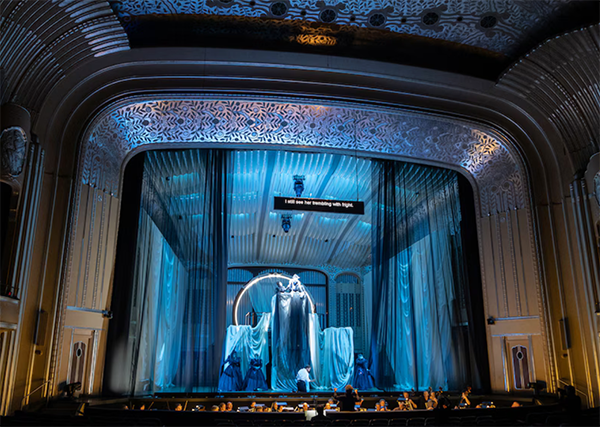
A centerpiece of the second Jack, Joseph and Morton Mandel Opera & Humanities Festival, Magic Flute shares the festival’s theme of “power.” The characters of Tamino, Papageno, and Pamina eventually vanquish an angry queen, though the allegorical plot is more a parable of growing up and learning to love and trust. There are also initiation rites, a rescue, and a conversion to the high ideals of another powerful figure, Sarastro.
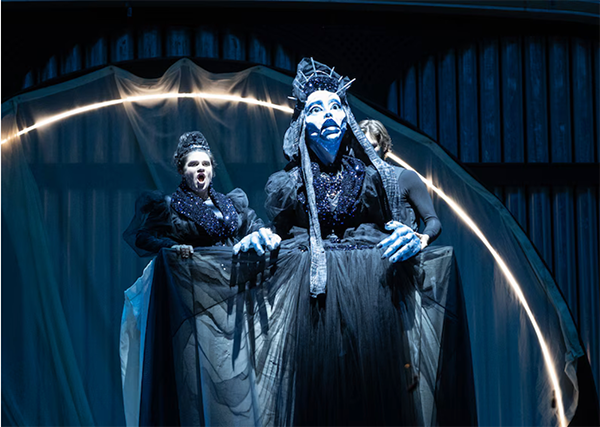
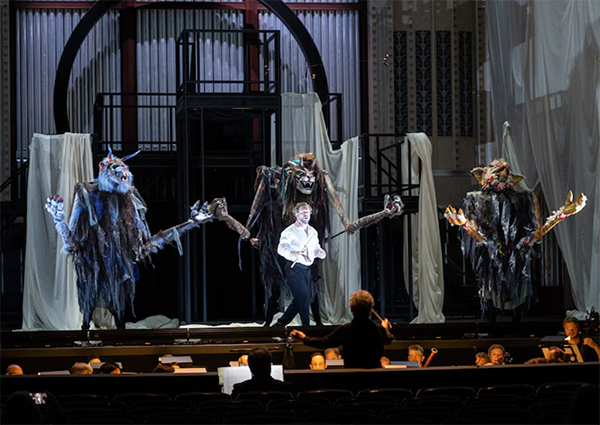
In the case of Sarastro, nobly and securely sung by bass Tareq Nazmi, conflict was likewise conveyed both visually and dramatically. This puppet, a ghoul with large hands and outsized gestures, is wheelchair-bound, while his attendant and vocal surrogate meekly pushes from behind. The character’s moment of dichotomy comes late in the second act with “In diesen heil’gen Hallen,” as Sarastro’s truer, parental-self (Nazmi) steps away from the priest-puppet (who, let’s face it, was a little creepy anyway).
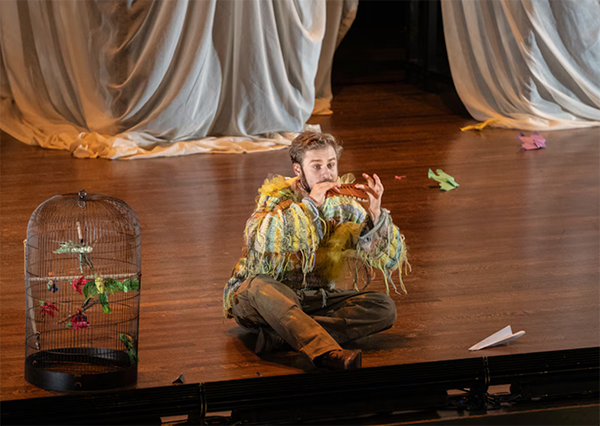
A novelty to those entering Mandel Concert Hall to take their seats was the sight of the orchestra pit. From this location (not onstage, as has often been the case for operas) Franz Welser-Möst supercharged The Cleveland Orchestra in moments both grand and sparkling. The overture was fast but precise, and sensitive coordination with chorus and soloists provided further sources of excitement.
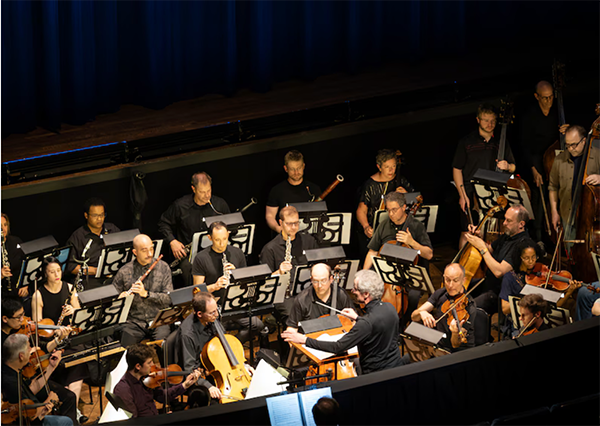
The charismatic baritone Ludwig Mittelhammer brought likeability and fourth wall-breaking comfort to the role of Papageno. His most endearing moments included the playing of the magic bells for the first time, and the farce of being chastised in Act 2 for not keeping quiet enough and protesting the prospect of a still more threatening trial with, “No thanks, I’d rather live!”
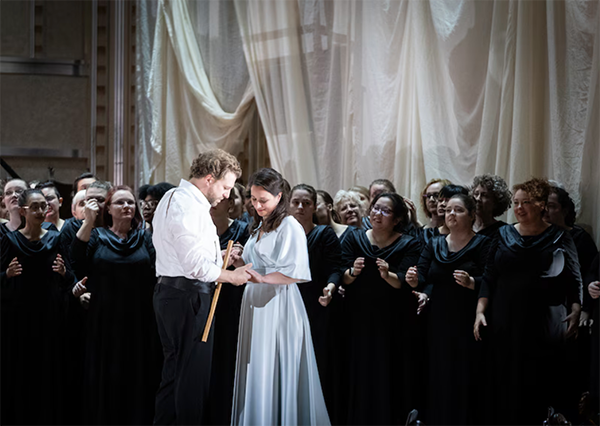
Sung in German with English supertitles, the performance gave the hall a Viennese theater atmosphere (Mittelhammer’s accent helped). This was a joyful production for all, including perhaps the opera-initiate. Focusing on the delights of Mozart’s magical music and Emanuel Schikaneder’s fairy-tale, the performance made for a satisfying opening night, arousing a thirst for more opera.
Dress rehearsal photos: Judie Vegh.
Published on ClevelandClassical.com May 30, 2024.
Click here for a printable copy of this article



